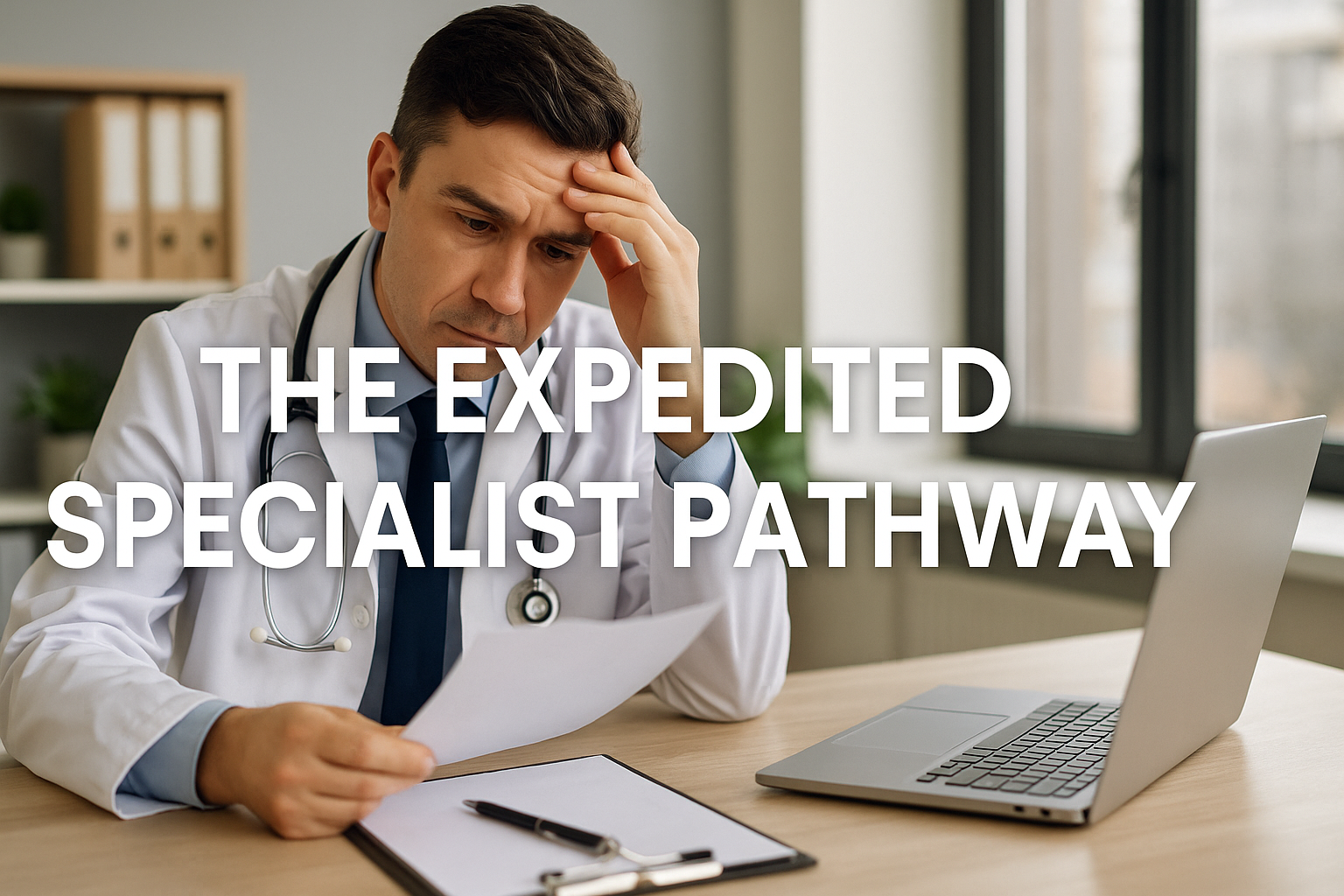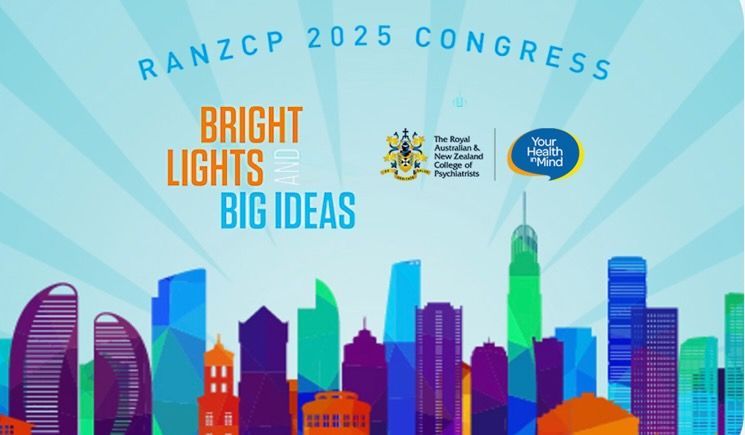Expedited Specialist Pathway for UK and Irish-Trained GPs
UK and Irish Trained GP's - an overview of an expedited specialist pathway
Australia's healthcare sector is in constant need of skilled General Practitioners (GPs), and the Expedited Specialist Pathway is a new and efficient route for overseas-trained GPs to fast-track their registration process. This pathway significantly reduces the time and steps usually required, especially for GPs trained in the UK and Ireland. If your looking to work in Australia and want to avoid the lengthy traditional processes, this pathway might be the perfect solution for you.
So, what does this new pathway entail, and who is eligible?
Who Is Eligible for the Expedited Specialist Pathway?
The Expedited Specialist Pathway is tailored for Specialist International Medical Graduates (SIMGs), including those from the UK and Ireland. To qualify, you will need to hold specific qualifications:
- For UK-Trained GPs:
- MRCGP (Membership of the Royal College of General Practitioners) awarded from 2007 onwards.
- CCT (Certificate of Completion of Training) in General Practice.
- For Irish-Trained GPs:
- MICGP (Membership of the Irish College of General Practitioners) from 2009 onwards.
- CSCST (Certificate of Satisfactory Completion of Specialist Training) in General Practice.
Apart from these qualifications, you will also need to meet additional criteria, such as:
- English language proficiency for effective communication.
- Relevant clinical work experience that matches the Australian GP scope of practice.
- A criminal history check and proof of recency of practice.
How Long Will the Process Take?
A key benefit of the Expedited Specialist Pathway is the fast-tracked processing time compared to traditional pathways. Once your application and documents are submitted, expect a turnaround time of 8 to 10 weeks. This expedited timeframe is ideal for GPs looking to transition quickly into Australia’s healthcare system.
What Are the Costs Involved?
Here’s a breakdown of the fees associated with the process:
- Application Fee: $1,548 AUD
- Registration Fee: $1,027 AUD
- Total Cost: $2,575 AUD
This cost covers the application and registration process, allowing you to get started without the traditional delays or hefty fees typically associated with other pathways.
What About the Moratorium (Section 19AB)?
Like other overseas-trained doctors, GPs registered through the Expedited Specialist Pathway are subject to the moratorium (Section 19AB) of the Health Insurance Act. This means you’ll need to work in designated Distribution Priority Areas (DPAs), often in rural or underserved regions, for up to 10 years before you can work freely in metropolitan areas.
However, there are options to reduce this timeframe, such as working in rural or remote areas, which can bring the moratorium period down to 5 years.
Supervision and Continuing Professional Development (CPD)
Once registered, you may be required to complete a period of supervision or peer review to ensure a smooth transition into the Australian healthcare system. Also, maintaining 50 hours of CPD annually is expected to keep your registration active. CPD activities can include clinical workshops, peer discussions, or seminars.
Ready to Make the Move?
The Expedited Specialist Pathway is a game-changer for UK and Irish-trained GPs, offering a quicker, more efficient route to practice in Australia. With a shorter processing time and fewer barriers, this pathway allows you to transition smoothly into the Australian healthcare landscape.
If you are ready to begin the process or need help navigating the steps, reach out to us today. We're here to guide you through every step, ensuring a smooth and successful journey toward working as a GP in Australia.









